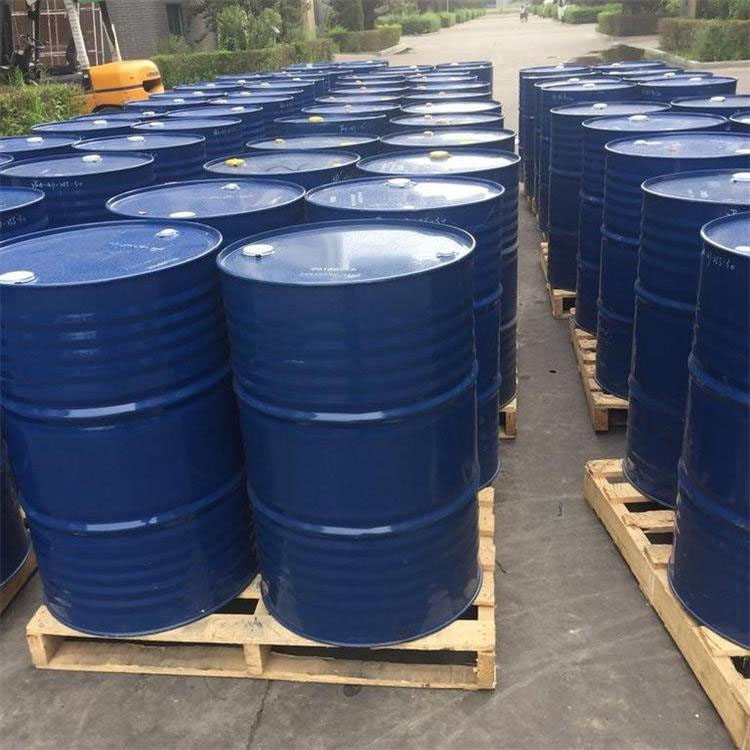Accelerator CAS:120-78-5
Accelerators are fundamental tools in various scientific, medical, and industrial applications. In scientific research, they are used to explore the fundamental properties of matter by colliding particles at extremely high energies, enabling the study of subatomic particles and fundamental forces. These facilities play a crucial role in advancing our understanding of the universe's building blocks, leading to breakthroughs in particle physics and cosmology. In medicine, accelerators are employed in cancer therapy through techniques such as proton therapy and hadron therapy, which utilize high-energy particles to precisely target and destroy tumors while minimizing damage to surrounding healthy tissue. Additionally, accelerators are utilized in the production of medical radioisotopes for diagnostic imaging and cancer treatment, contributing to advancements in nuclear medicine and healthcare. Furthermore, accelerators find application in industrial processes, including materials science, semiconductor manufacturing, and environmental remediation. Ion implantation techniques using accelerators are employed in modifying material surfaces to enhance hardness, wear resistance, and electronic properties, benefiting industries such as automotive, aerospace, and electronics. Moreover, accelerators are utilized in sterilizing medical equipment and food products, ensuring product safety and extending shelf life. Additionally, they play a role in treating wastewater and purifying gases, contributing to environmental protection and sustainable industrial practices. Accelerators also have applications in energy and security sectors. In energy research, they contribute to the development of nuclear fusion, offering the potential for clean and abundant energy generation. Furthermore, they are utilized in cargo inspection systems to detect illicit materials and ensure security at ports and border crossings, aiding in efforts to combat smuggling and terrorism. Overall, the diverse applications of accelerators underscore their significance in driving scientific discovery, improving healthcare, enhancing industrial processes, and addressing global challenges in energy and security. Their versatility and impact across multiple disciplines highlight their essential role in advancing knowledge, technology, and societal well-being.






| Composition | C14H8N2S4 |
| Assay | 99% |
| Appearance | white powder |
| CAS No. | 120-78-5 |
| Packing | Small and bulk |
| Shelf Life | 2 years |
| Storage | Store in cool and dry area |
| Certification | ISO. |









